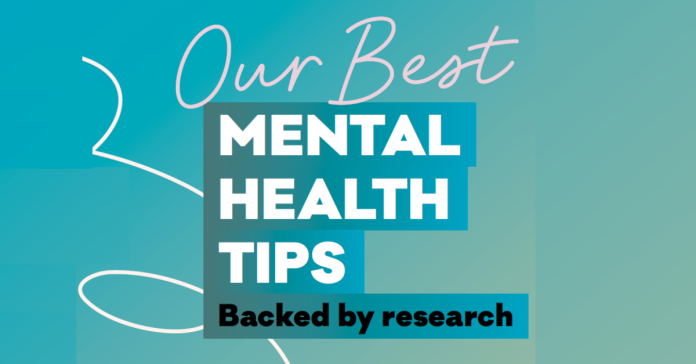Mental Health Awareness: Strategies for Coping with Stress

In today’s fast-paced world, stress has become a common companion for many. Recognizing the impact of stress on mental health and taking proactive steps to cope with it is crucial. Mental health awareness is a key element in maintaining overall well-being. In this article, we’ll explore effective strategies to cope with stress and promote better mental health.
Acknowledge and Accept
The first step in coping with stress is acknowledging its presence and accepting that it’s a natural response to life’s challenges. Denying or suppressing stress can exacerbate its effects on mental health. By acknowledging stress, you’re taking the initial step towards managing it.
Practice Mindfulness
Mindfulness involves being fully present in the moment and observing your thoughts and feelings without judgment. Engaging in mindfulness techniques like meditation, deep breathing, and progressive muscle relaxation can help reduce stress. Mindfulness encourages self-awareness and allows you to respond to stressors more effectively.
Prioritize Self-Care
Taking care of yourself is crucial for maintaining good mental health. Engage in activities that bring you joy, whether it’s reading, painting, going for a walk, or spending time with loved ones. Prioritizing self-care helps build emotional resilience and provides a buffer against stress.
Maintain a Healthy Lifestyle
A balanced diet, regular exercise, and adequate sleep are integral components of managing stress. Nourishing your body with nutritious food and staying physically active can positively impact your mood and overall well-being. Quality sleep rejuvenates your mind and body, enhancing your ability to cope with daily stressors.
Establish Healthy Boundaries
Learning to say no and setting boundaries is essential for managing stress. Overcommitting yourself can lead to burnout and increased stress levels. Recognize your limits and communicate them to others, ensuring you maintain a healthy work-life balance.
Seek Social Support
Connecting with friends, family, or a support network can significantly alleviate stress. Sharing your feelings and experiences with someone you trust can provide a sense of relief and perspective. Social interactions foster a sense of belonging and remind you that you’re not alone in facing challenges.
Practice Time Management
Effective time management can prevent overwhelming stress. Prioritize tasks, break them into manageable steps, and allocate time for relaxation. Having a structured routine helps reduce the anxiety that comes with trying to juggle numerous responsibilities.
Learn Stress-Reduction Techniques
Engaging in activities that help reduce stress can be therapeutic. Engage in hobbies, such as gardening, playing a musical instrument, or engaging in crafts. These activities divert your focus from stressors and provide a creative outlet for your emotions.
Limit Exposure to Stressors
While some stressors are unavoidable, there are situations you can control. Limit exposure to negative news, toxic relationships, and overly demanding situations that contribute to stress. Surrounding yourself with positivity can make a significant difference in managing stress.
Seek Professional Help
If stress becomes overwhelming and interferes with your daily functioning, seeking professional help is essential. Mental health professionals can provide guidance, coping strategies, and therapeutic interventions tailored to your needs.
Conclusion
Mental health awareness is the cornerstone of a balanced and fulfilling life. Coping with stress requires a combination of self-awareness, healthy lifestyle choices, social support, and effective strategies. By implementing these strategies, you’re taking proactive steps towards nurturing your mental well-being. Remember, seeking help when needed is a sign of strength, and taking care of your mental health is an investment in your overall quality of life.






